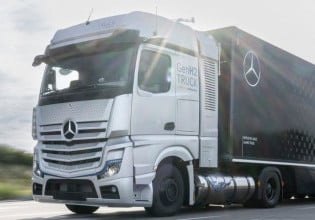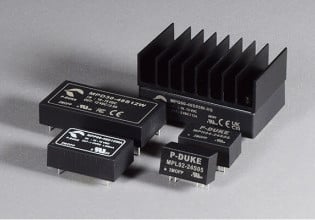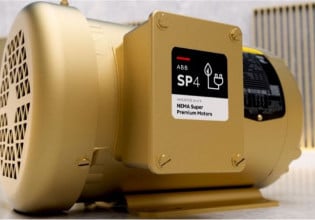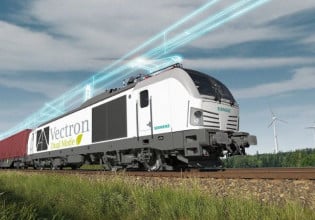Launch of the Largest German Research Platform for Electrochemical Storage
Electrochemical energy storage is a key technology of the 21st century. With the Center for Electrochemical Energy Storage Ulm & Karlsruhe (CELEST), one of the most ambitious research platforms in the world has started work in this area. It combines knowledge-oriented research with practical development and innovative production technology.
CELEST bundles the know-how of 29 institutes at the partner institutions Karlsruhe Institute of Technology (KIT), the University of Ulm and the Center for Solar Energy and Hydrogen Research Baden-Württemberg (ZSW).
Climate change and the decline in natural resources require mobility and energy systems to be equipped as quickly as possible for a time without fossil fuels. That is why suitable technologies are needed to store regeneratively generated energy.
In order to accelerate research, teaching, development and technology transfer in this area, KIT, Ulm University and ZSW have founded CELEST, which has now started work.
"As scientists, we want to make significant contributions to climate protection and the energy transition," says Professor Oliver Kraft, vice president for research at KIT, on the launch of the research platform in July. "With CELEST, we have now created the largest German research platform in the field of electrochemical energy storage." Not only knowledge-oriented research, but also the development and production of batteries and fuel cells in Baden-Württemberg will be even more powerful and visible.
"Research at the University of Ulm on electrochemical energy conversion and storage has a long tradition," says Professor Joachim Ankerhold, vice president of research at the University of Ulm. "Since 2011, the strong partners KIT, University of Ulm and, among others, the ZSW have been combining their expertise in the field of battery research with great success at the Helmholtz Institute Ulm in the middle of the City of Science. The CELEST research platform takes cross-site collaboration to the next level. "
"Batteries and fuel cells are key technologies for a stable and secure power supply and emission-free mobility based on renewable energies," says Professor Werner Tillmetz, ZSW board member and head of the electrochemical energy technologies division. "The role of the ZSW in Ulm is the technology transfer to the economy on all aspects of batteries, fuel cells and hydrogen."
CELEST started with the goal of improving communication and cooperation between the participating scientists and paving the way for new, interdisciplinary collaborations. CELEST will also coordinate joint activities with other universities and research institutes, as well as industry in Germany and abroad, and develop existing contacts.
"The scientific expertise at the two sites in Karlsruhe and Ulm complement each other, ranging from experimental basic research on elemental processes on the atomic scale via multiscale modeling of relevant processes and the development of new storage materials and laboratory cells to the largest pilot plant for battery cell production in Europe at the ZSW," says Professor Maximilian Fichtner, Director of the Helmholtz Institute Ulm, who was elected scientific speaker of CELEST.
With the three research fields "Lithium-Ion-Technology", "Energy Storage Beyond Lithium" and "Alternative Techniques for Electrochemical Energy Storage" CELEST covers all current topics in the field of electrochemical energy storage. Another focus is on working with industry partners on technology transfer, innovation and commercialization of new technologies.
In addition, CELEST has an eye on the education of junior scientists and establishes a graduate school in the field of electrochemical energy storage. "Energy Storage Beyond Lithium" and "Alternative Techniques for Electrochemical Energy Storage" cover CELEST's cutting-edge topics in the field of electrochemical energy storage.
The importance of new battery technologies is also the focus of the joint application by KIT and the University of Ulm for the excellence cluster "Energy Storage beyond Lithium: New storage concepts for a sustainable future". The aim of this cluster is to advance the development of battery technologies based on abundant, inexpensive and non-toxic elements such as sodium and magnesium, thereby reducing the pressure on critical resources. The Center for Solar Energy and Hydrogen Research Baden-Württemberg (ZSW) and Justus Liebig University Giessen are also involved.






